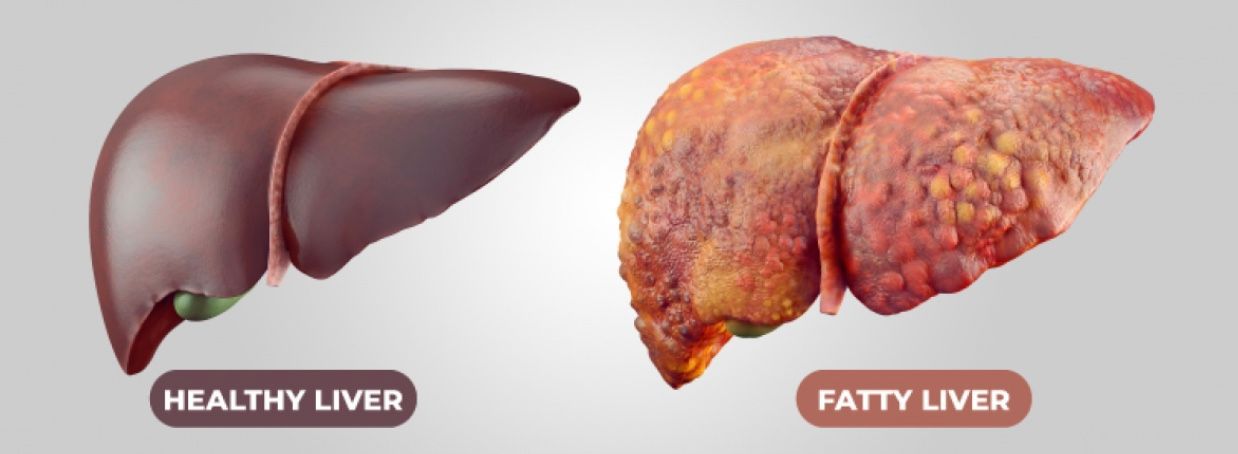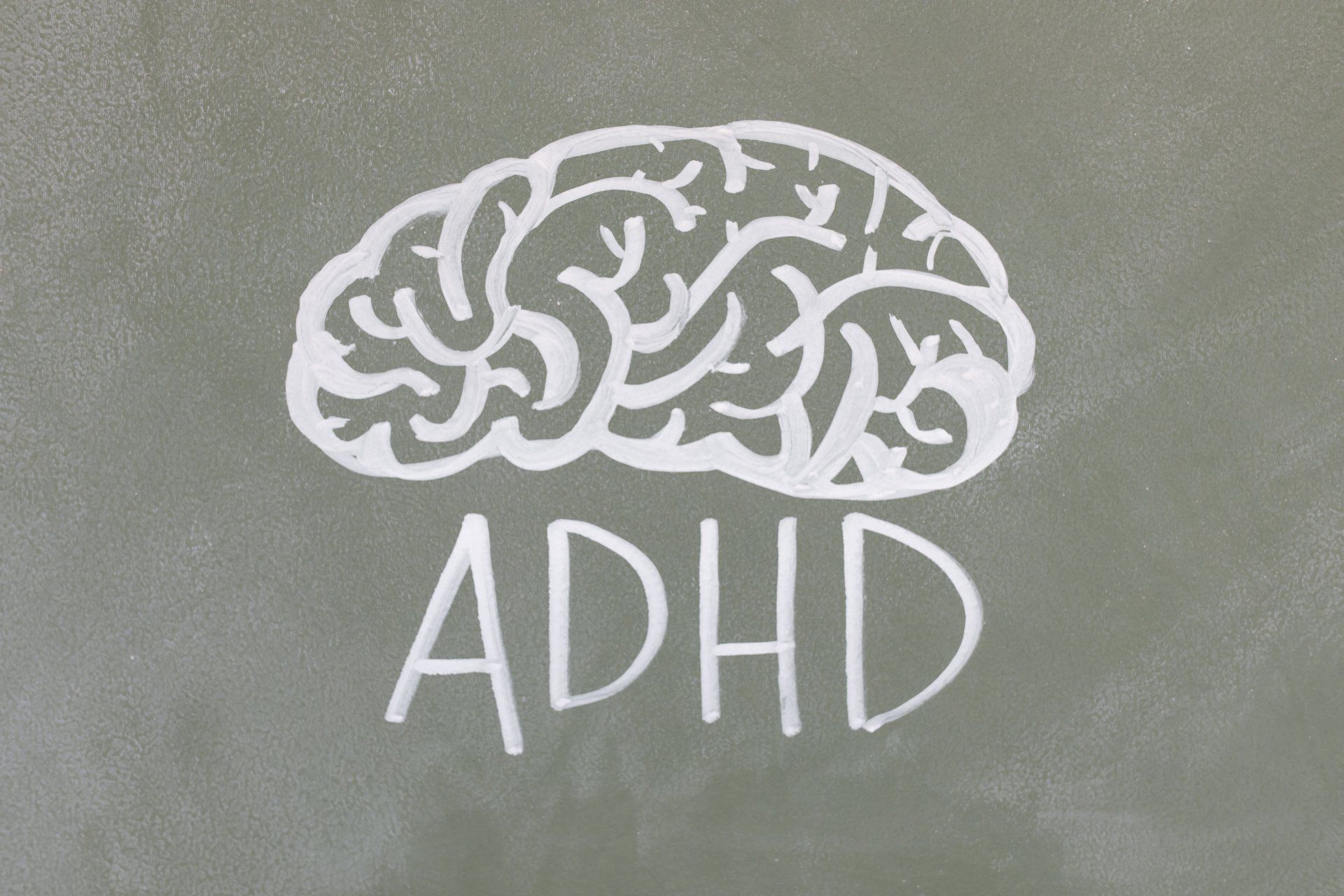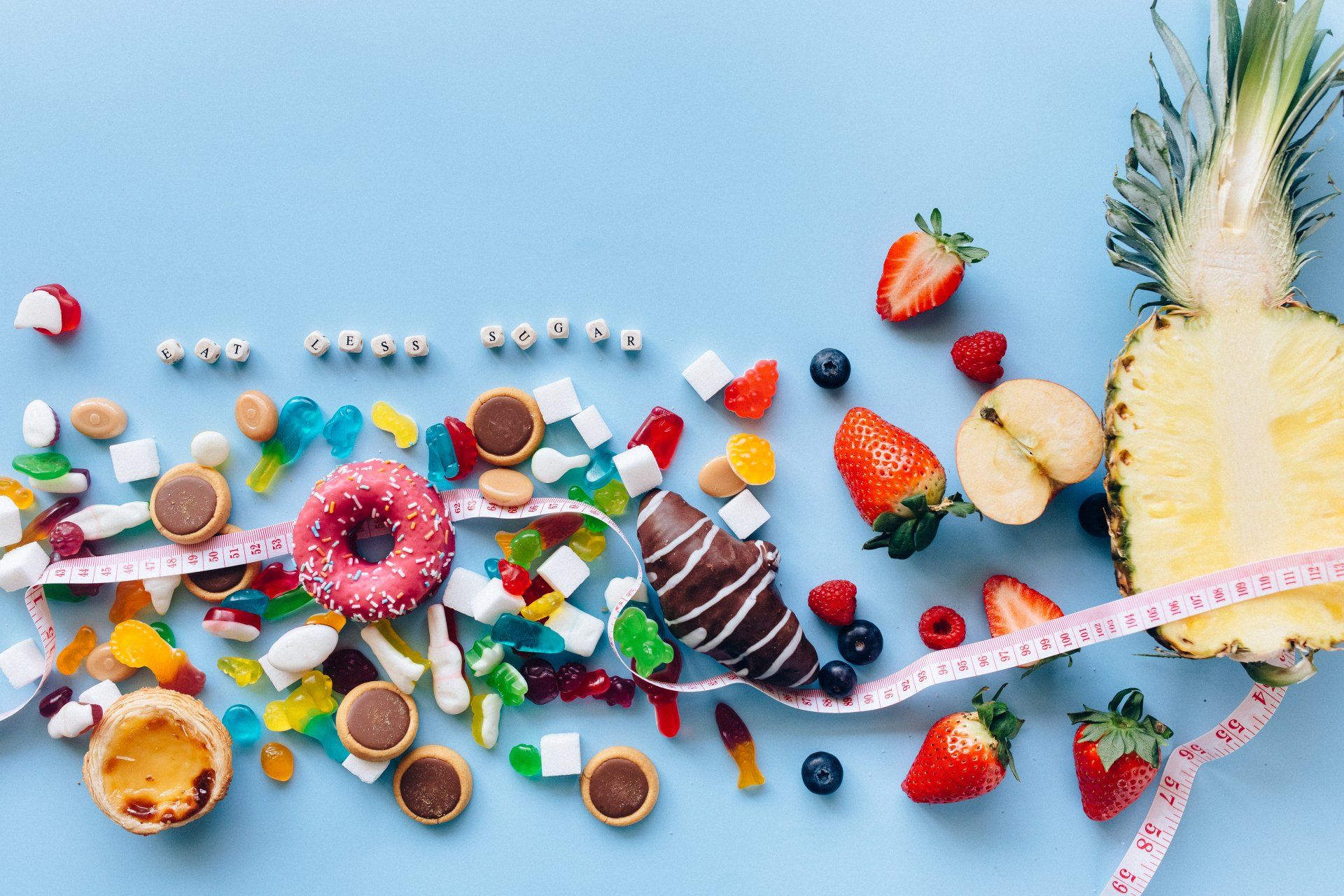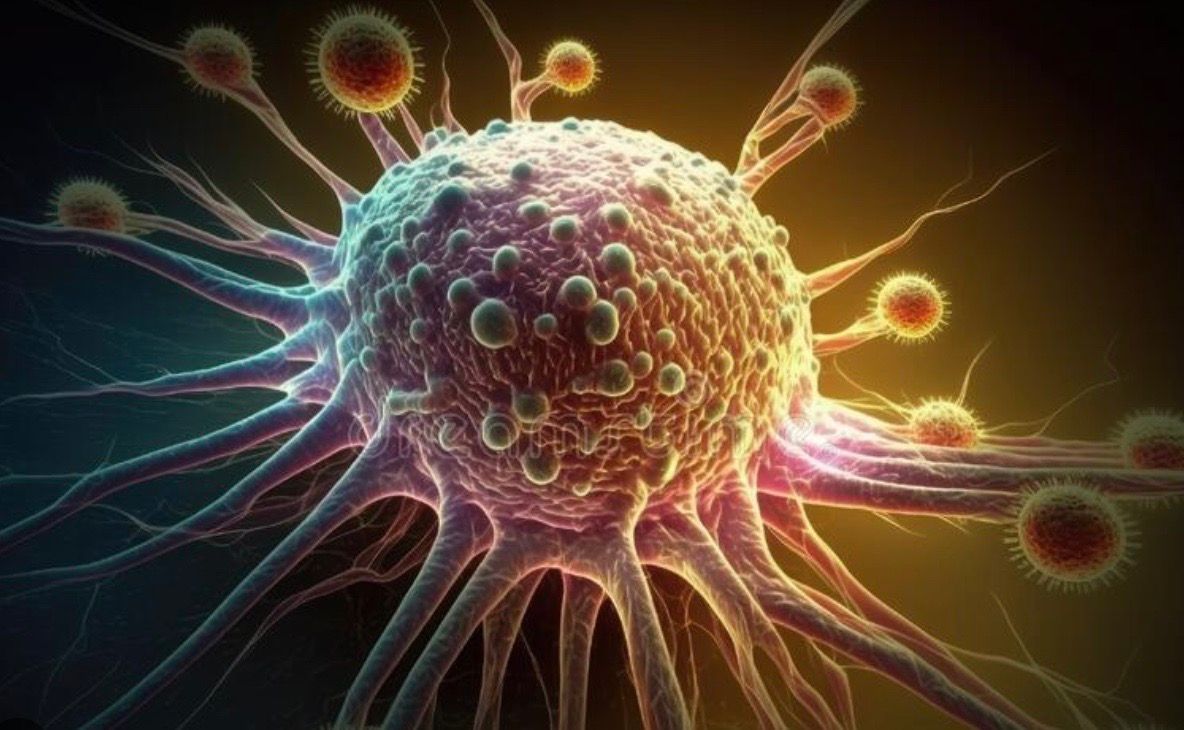What can help me manage my diabetes?
This was our first event at the #burnsvilleymca – great hosts and an awesome turnout! One patient asked “can you really get rid of diabetes (type 2) if you’ve had it for years”? YES ABSOLUTELY with a lot of work. I’m hopeful that it will be in these casual moments during our talks and walks that the seeds will be planted. Eventually these will amount to sustainable behavior change that will lead to healthier, active lives for my patients. For the purposes of this blog I will only address Type 2 diabetes (DM), which simply put is acquired – it happens over time, is preventable and reversible. Type 2 DM is when your cells get less receptive to insulin which is known as insulin resistance. Insulin is the “key” that opens the door and allows glucose (sugar) from your blood stream into cells for storage and use. Over time, if we don’t exercise regularly and/or become overweight, insulin (the key) is less effective at opening the door which means that glucose stays in your blood stream which leads to diabetes. The good news is that Type 2 DM is preventable and reversible. So, what are ways that you can increase your insulin sensitivity or allow the key to work better? Participate in regular moderate intensity exercise daily. During exercise muscle cells burn glycogen and take up glucose which lessons the amount of circulating glucose. This also means that less insulin is needed to transfer remaining glucose into fat for storage. During and after exercise muscle cells are better able to receive insulin which increases insulin sensitivity. Lastly, the benefits of this insulin sensitivity lasts for 24-48 hours Aerobic exercise and strength training together appear to have the greatest benefit in increasing insulin sensitivity. Strength training leads to more lean muscle. This increases your body’s demand for energy (glucose) and improves the insulin signaling pathway (the ability of insulin to bind to cells to let glucose in for storage). Eat foods high in fiber and with low glycemic load – generally these are whole foods such as vegetables and beans, rather than processed foods. If you’re overweight eat a very low carbohydrate diet Avoid trans-fats (hydrogenated oils) and liquid fructose (soda, fruit juice, sports drinks)
Come #walkwithadoc on December 1st at 1pm.
Author Dr. Siatta Dunbar
The post What can help me manage my diabetes? appeared first on Saravit Wellness.

